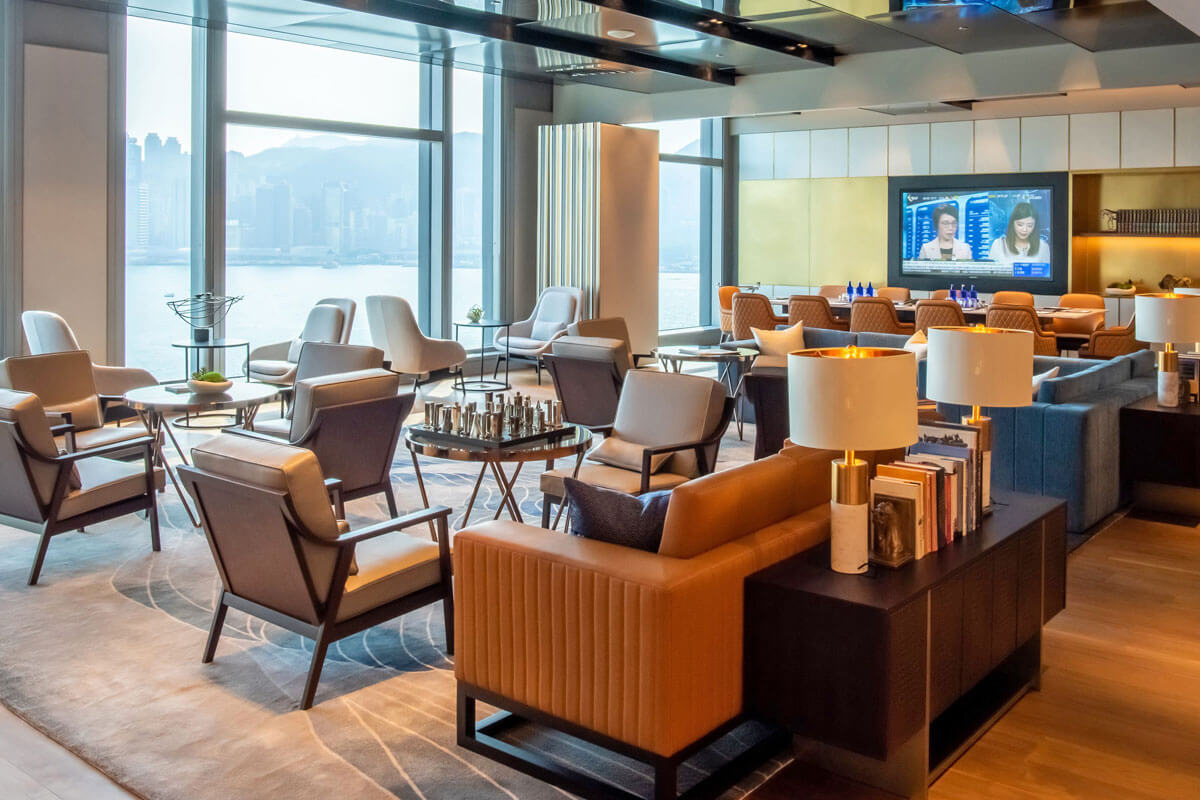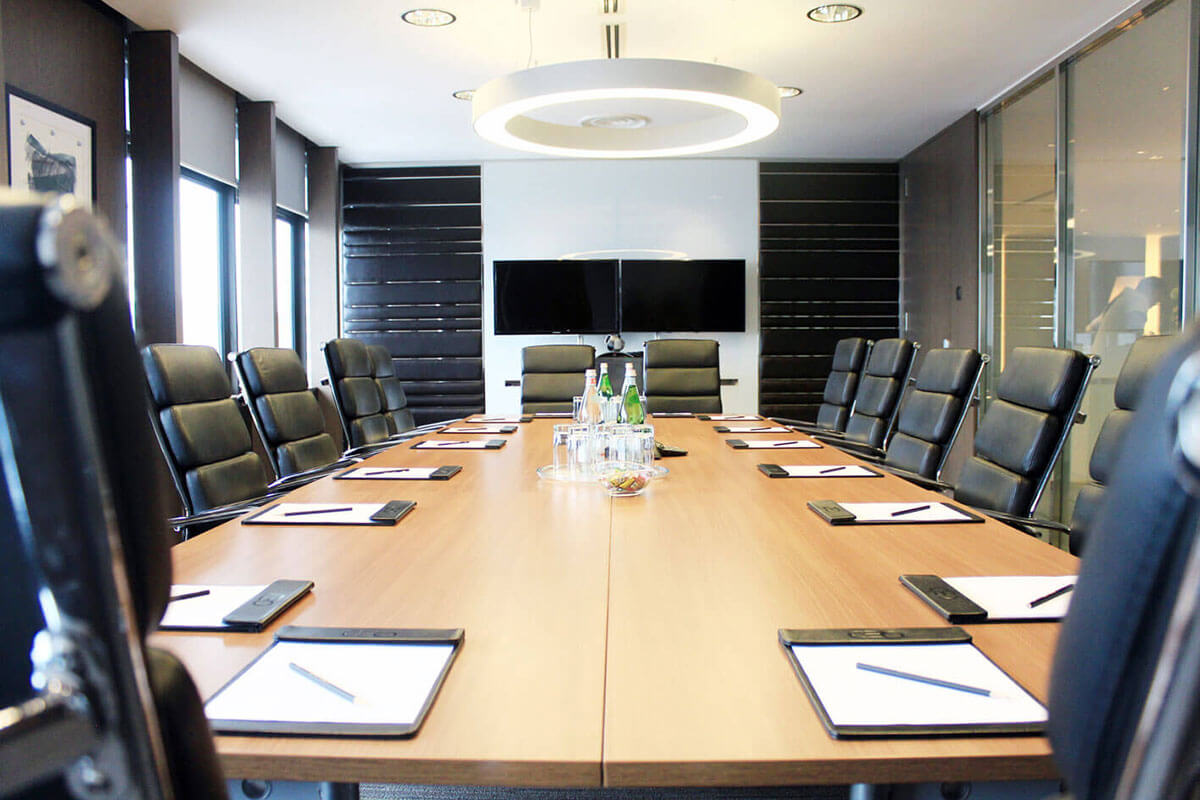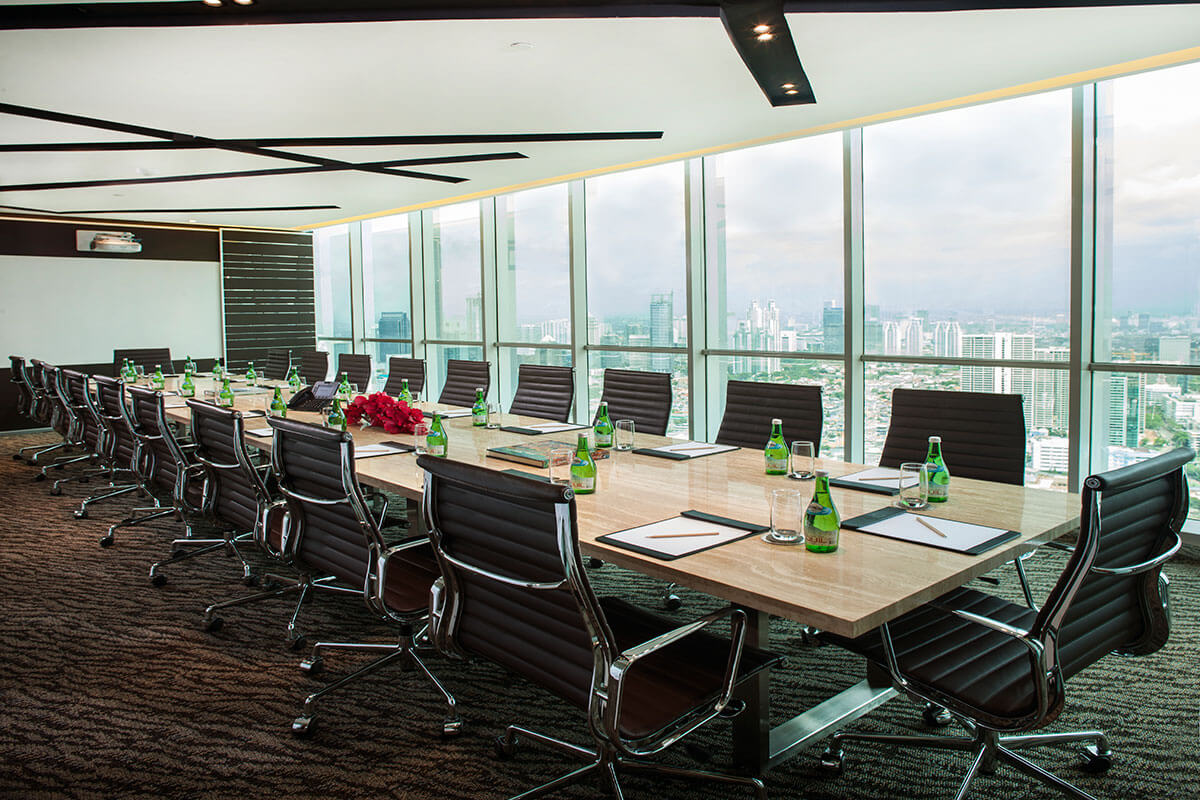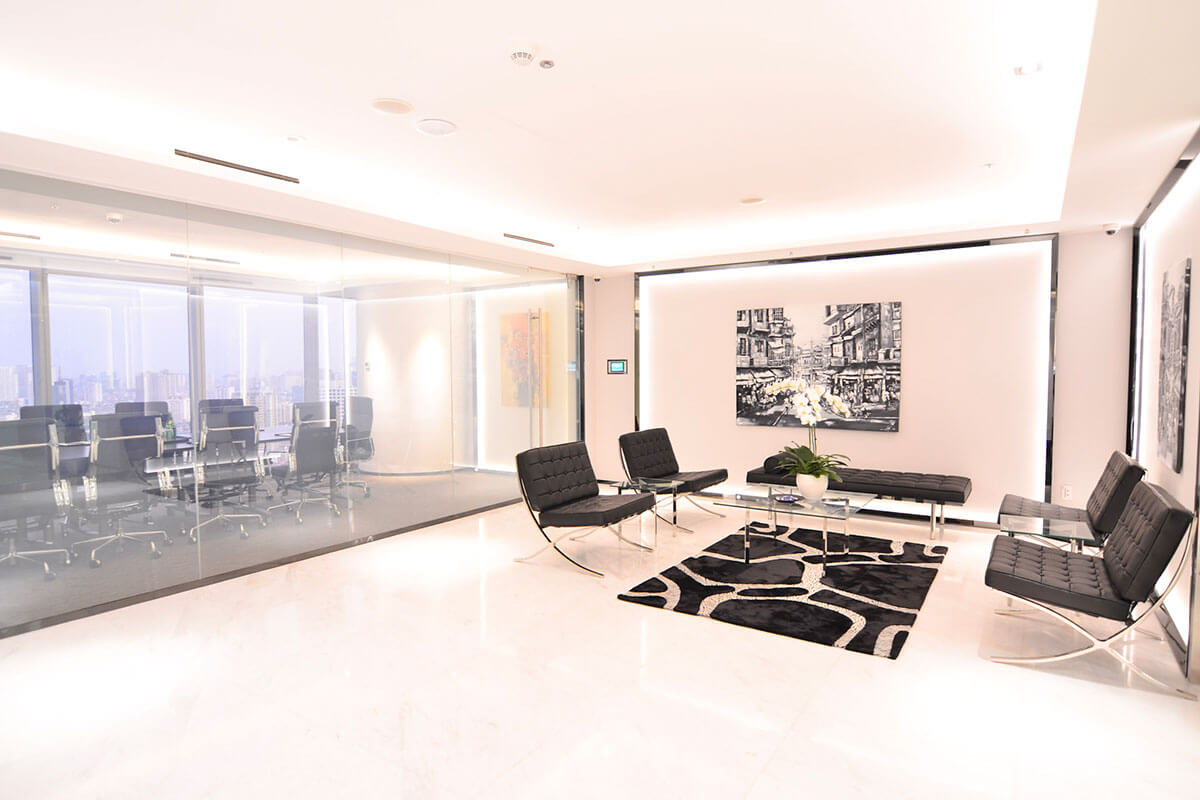Tips for Survival in the Office Rental Business
The Office building business in Jakarta really started to flourish when the Indonesian government built the Bank Indonesia building on Jalan MH.Thamrin in 1957. The economic boom in the 1970s, due largely to the extraordinary hikes in oil prices, made office compounds expands towards Kuningan, Jl. Sudirman and Jl. Gatot Subroto, an exclusive area now known as the Central Business District (CBD) Jakarta.
Banking deregulation that soon followed also prompted the second economic boom in Indonesia with many new office building springing up in the CBD. This area therefore has secured a firm position as a business center and the chief supplier of office space in Jakarta.
However the economic crisis hit the country in 1997 and hurt the office building business as well. Bank Indonesia records show that the average occupancy rate in those years dipped to 75 percent, the lowest ever in the history of the office building business in Jakarta.
Budget contraction reduction in the number of employees and consolidation in local as well as foreign companies, as a result of the crisis were the main reason for this low occupancy rate. This drop turned the office space market into a tenant’s market building owners had to work extra hard to lure the increasingly smaller number of prospective tenants.
In 2003, the office space market in Jakarta has shown a slight improvement and the CBD remains in its position as the leading supplier of office space in this city. A market research report titled “Jakarta Office Market Overview of Q2 2003” issued by leading property consulting agency Colliers International shows that the CBD area contributed 71.6 percent or 2,992,502 square meters of a total of 4,176,682 square meters of office space in Jakarta
Jl. Sudirman and Jl. MH. Thamrin accounted for 65 percent, or 1,935,646 square meters, of the total office space in the CBD area. Next came Kuningan (23 percent or 692,815square meters) and Gatot Subroto (12 percent or 364,041 square meters). The total office space available in the CBD is estimated to rise by 110,000 square meters in 2004, following the completion of the new Wisma Mulia building.
In terms of building types, which are usually determined based on the quality of the physical aspect of the buildings, the building management, facilities and proximity to the CBD, premium grade buildings took the lion’s share (37.1 percent or 1,111,211 square meters), to be followed by grade B building (32.1 percent or 959,543 square meters) and grade A buildings (30.8 percent or 921,749 square meters).
As for the average occupancy rate in Jakarta, a property commercial survey of the first quarter of 2003 conducted by Bank Indonesia shows that it stands at 81.01 percent, an increase of 2.23 percent over the figure recorded in the same period of previous year. The CBD area enjoys a rise of 2.01 percent, while non CBD areas registered an increase of 2.84 percent.
This hike is yet to give peace of mind to players in office space business. Most of them are still worried about the macro-economic situation of the country and the threat to its security stability. It is not surprising, therefore, that the majority of building owners have continued to focus themselves on maintaining their present tenants by allowing them a discount or other special incentives.
In fact, allowing a discount is not the only way to survive during hard times. Take, for example, CEO SUITES, an office, service provider in Jakarta, located at Wisma GKBI and the Jakarta Stock Exchange. This company was set up in 1997 when Indonesia was in its acute economic throes. Still, applying its concept of fully integrated serviced offices, this company has made itself one of the main players by having secured a sizable market niche in Jakarta as well as in several countries in the region.
The company’s president director, Ms. Mee Kim, said that the key to their success in competing with similar companies and conventional office space owners was the company’s focus on the creation of a great customer experiences. This, she said, was based on the company’s main business philosophy, among others, being proactive towards a tenant’s needs and sparing no effort or time to meet those needs, including the availability of contingency and back-up plans regarding all the facilities in the building, total flexibility in lease duration, space arrangement and room, design as well as in the use of facilities. Their dedicated and professional staff with years of service industry experiences is also their plus points.
“Thanks to this customer oriented philosophy, CEO SUITE has developed its services. You will find even the CEO SUITE janitor speak fluent English. Usually our staff members can speak other foreign languages. Besides, we supply state-of-the-art facilities, including IT devices, sophisticated meeting rooms, and a wide range of office facilities. In short, we wish to satisfy all our tenants,” Mee Kim said.
CEO SUITE has its own rather unique view about the role that marketing can play during hard times. While the majority of such companies tend to reduce their marketing budget, CEO SUITE goes in the opposite direction. “In bad times, you must be more aggressive in marketing than before,” she said. Cocktail parties, direct marketing and direct emailing are some of the ways that CEO SUITE has often used to get the word out.
As a result, CEO SUITE has continued to make progress in this business. It now has its own office centers in Singapore, Kuala Lumpur and one opening in October in Shanghai, China. “The key to the success of CEO SUITE is its promotion by word of mouth from satisfied customers”, she added.
In the final analysis, the possibility for a company to score successes is greater as long as it takes into account what its customers really need, regardless of whether it is boom or bust in the general economic condition.
Apr 26, 2013




 Bahasa
Bahasa
 日本語
日本語
 한국어
한국어
 ไทย
ไทย
 tiếng Việt
tiếng Việt
 中文
中文






